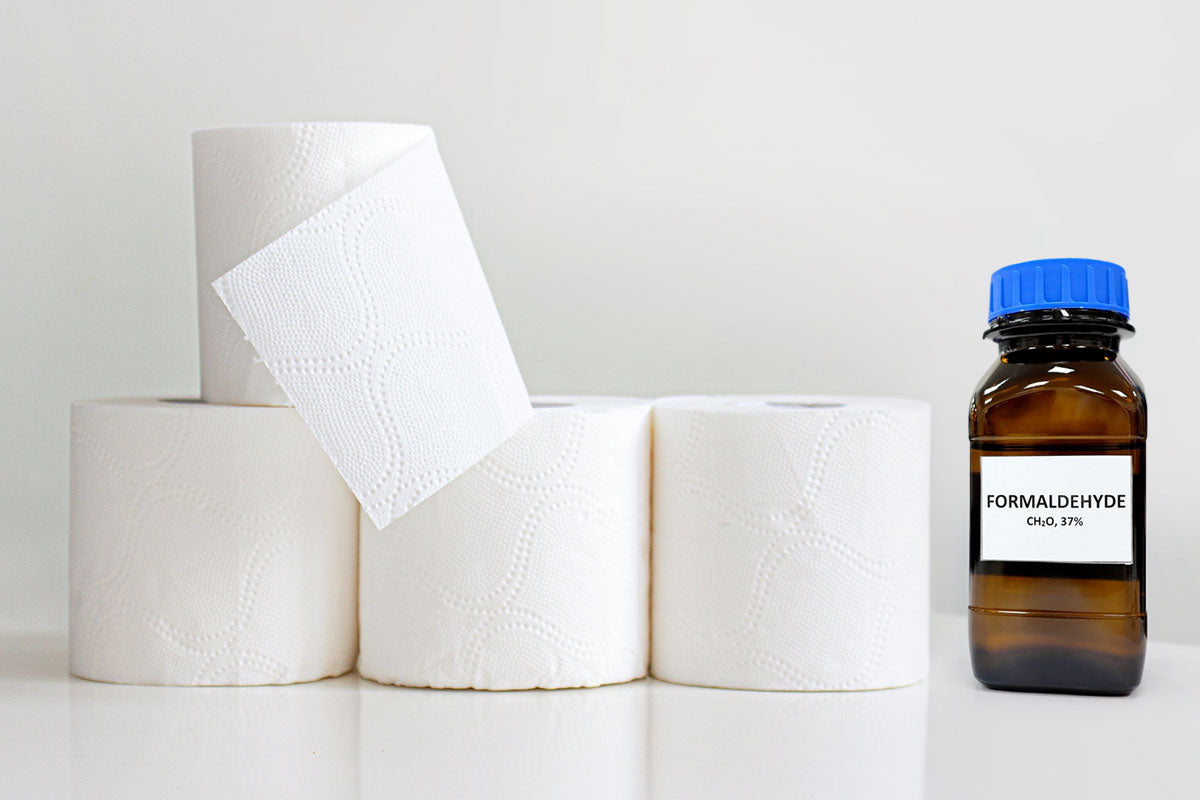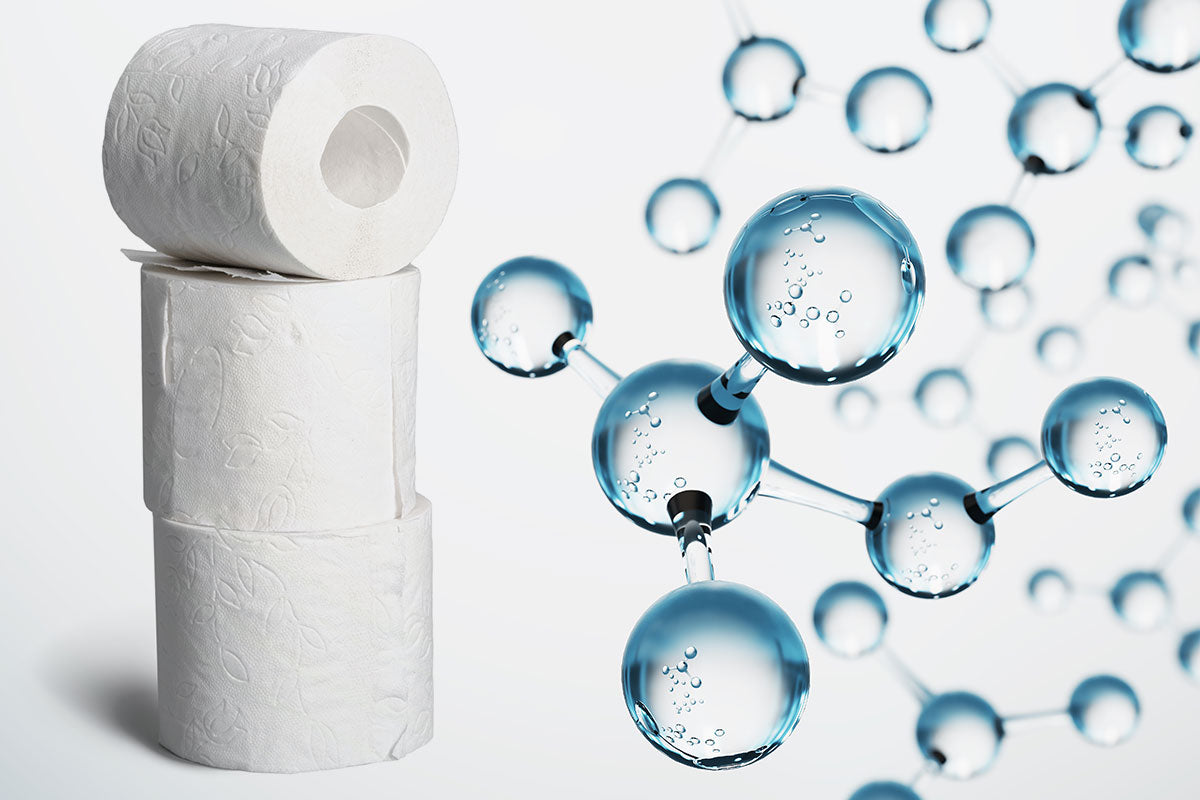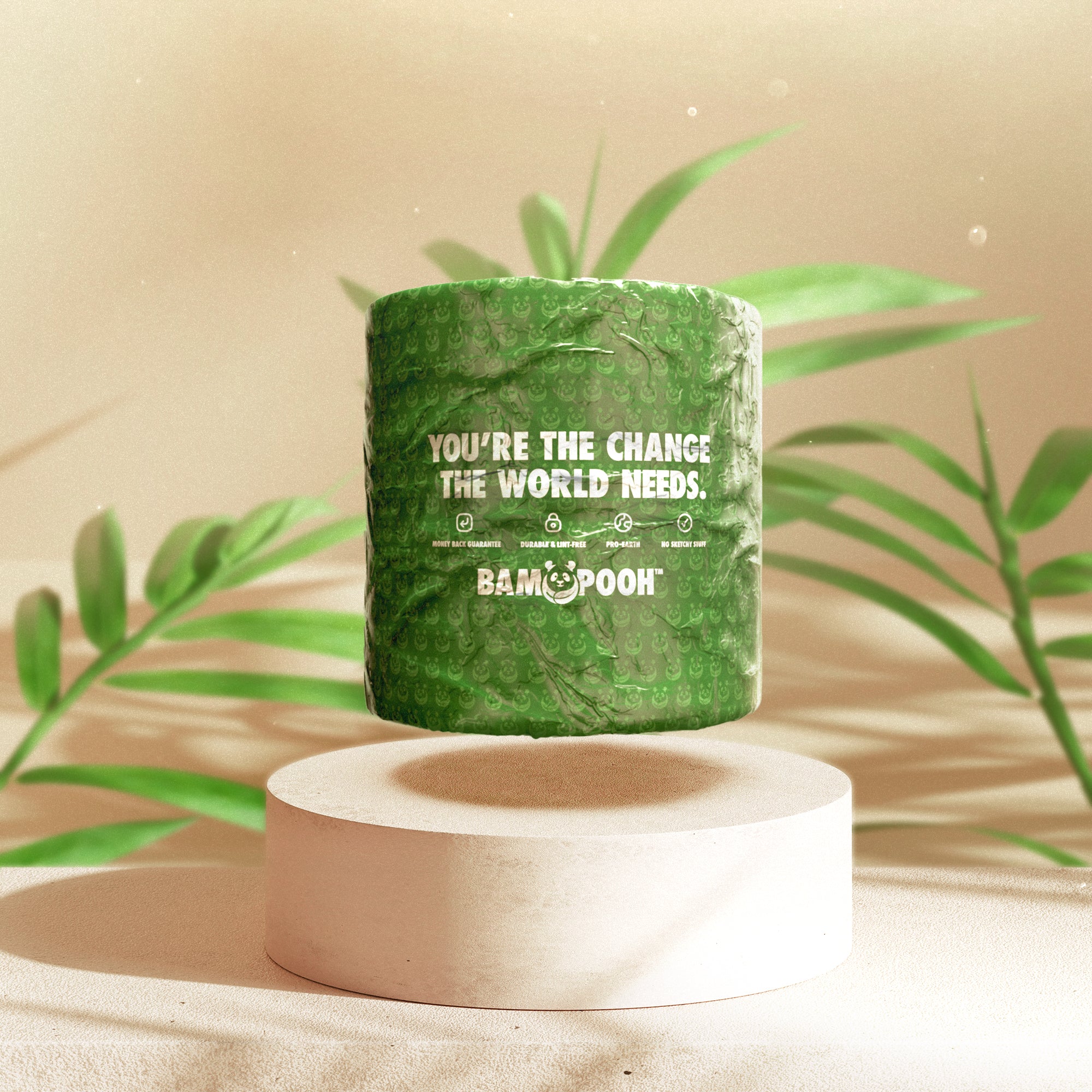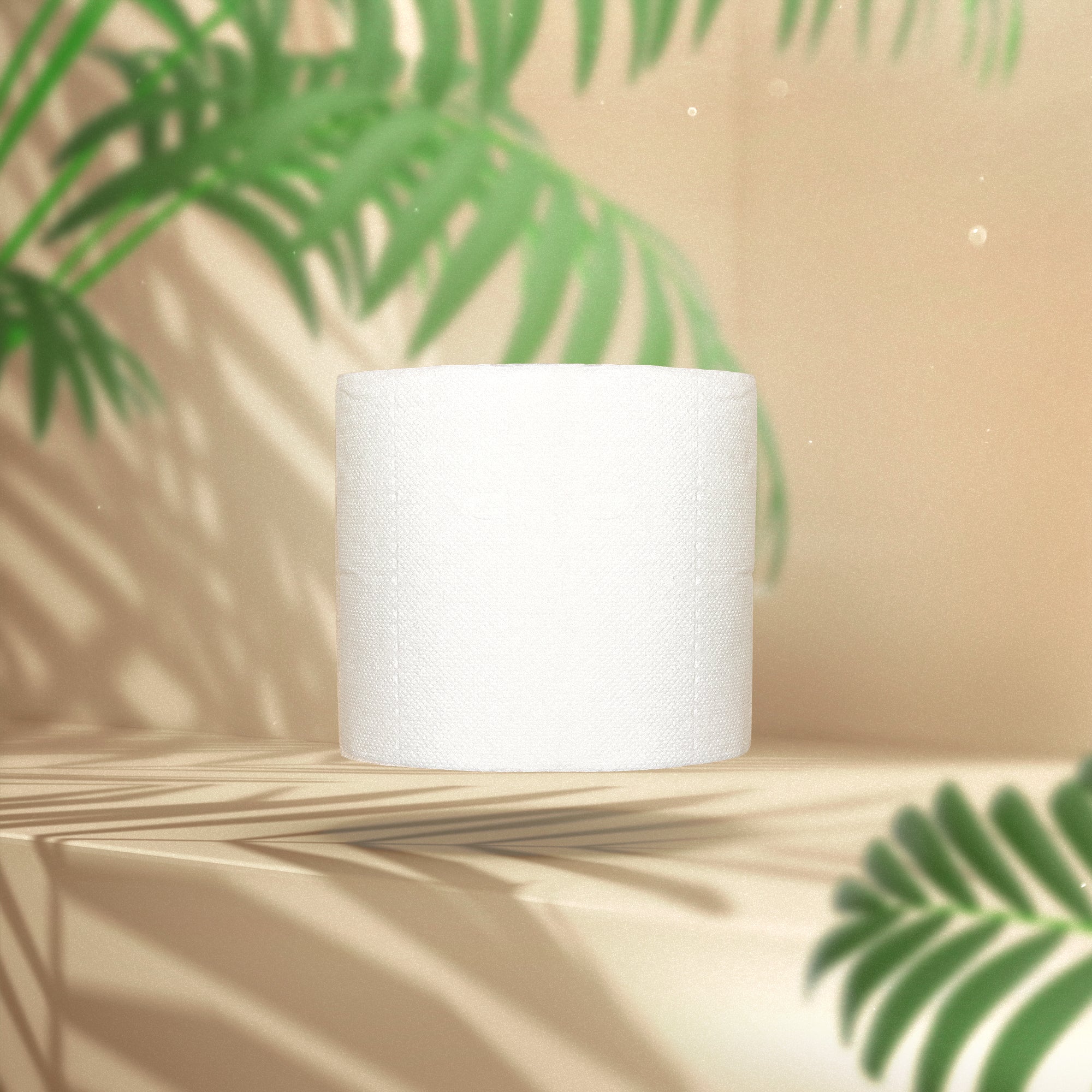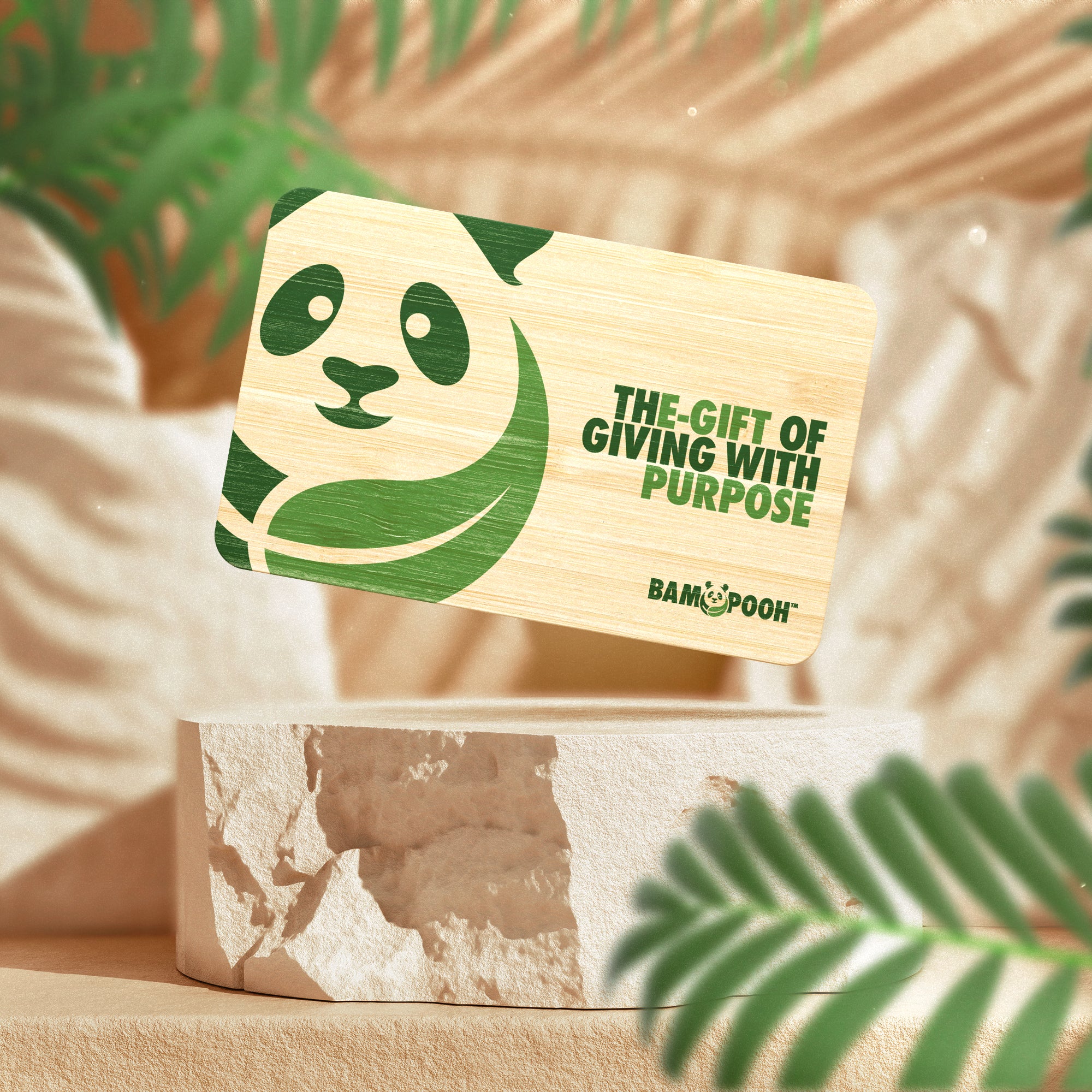In this blog, we'll delve into the numerous advantages that make bamboo toilet paper an appealing choice for consumers seeking sustainable and eco-friendly alternatives. As environmental consciousness grows, so does the demand for products that minimize their impact on the planet. Bamboo, known for its rapid growth and minimal environmental footprint, has emerged as a popular material for various products, including toilet paper.
Throughout this blog, we'll discuss the unique properties of bamboo that make it well-suited for toilet paper production, such as its renewability, strength, and natural antibacterial qualities. Additionally, we'll explore the biodegradability of bamboo toilet paper, highlighting its role in reducing waste and its overall environmental impact. Join us as we uncover the benefits of bamboo toilet paper and learn how it can be a sustainable choice for both consumers and the planet.
Understanding Formaldehyde
Formaldehyde is a colorless, strong-smelling gas commonly found in household products like adhesives, insulation, and personal care items. Exposure can occur through inhalation, ingestion, or skin contact, leading to irritation of the eyes, nose, and throat, as well as respiratory issues and allergic reactions. Classified as a human carcinogen, long-term exposure to high levels of formaldehyde is associated with an increased risk of certain cancers, such as leukemia and nasopharyngeal cancer. Given these health risks, consumers are increasingly interested in the potential presence of formaldehyde in everyday products like bamboo toilet paper.
The health effects of formaldehyde exposure highlight the importance of understanding its presence in consumer goods. As consumers become more conscious of the chemicals in the products they use, concerns about formaldehyde in items like bamboo toilet paper have emerged. By examining the production processes and safety measures in place, consumers can make informed choices about the products they bring into their homes, ensuring they align with their health and environmental values.
Bamboo Toilet Paper Production
The production of bamboo toilet paper starts with the harvesting of mature bamboo, known for its rapid growth and minimal environmental impact. After harvesting, the bamboo is processed to extract the pulp, which serves as the raw material for making the toilet paper. This pulp undergoes a bleaching process using eco-friendly methods to preserve its natural properties and ensure the safety of the final product. The bleached pulp is then formed into thin sheets and dried, resulting in the finished bamboo toilet paper. Unlike traditional wood pulp toilet paper production, the process of making bamboo toilet paper requires fewer resources such as water and land, making it a more sustainable option.
Furthermore, bamboo's natural antibacterial properties make it an attractive material for personal hygiene products like toilet paper, offering potential health benefits in addition to its environmental advantages. The use of bamboo in toilet paper production reflects a commitment to sustainability and eco-friendliness, making it a popular choice for consumers seeking environmentally conscious alternatives.
Does Bamboo Toilet Paper Contain Formaldehyde?
The potential presence of formaldehyde in bamboo toilet paper has raised concerns among consumers seeking safe and environmentally friendly products. Formaldehyde is a chemical commonly used in various household items, and its potential health risks have led to questions about its use in everyday products like toilet paper. While formaldehyde can be used in the production of some paper goods, reputable manufacturers, such as Bampooh, prioritize the safety and quality of their bamboo toilet paper. These companies often conduct thorough testing and adhere to strict safety standards to ensure that their products are free from harmful substances, including formaldehyde. However, it is crucial for consumers to stay informed and choose products from trusted brands that prioritize transparency and product safety.
When considering bamboo toilet paper, consumers should look for brands that prioritize safety and environmental sustainability. While the presence of formaldehyde in bamboo toilet paper is a concern, choosing products from reputable manufacturers can help mitigate these worries. By staying informed about the production processes and safety measures employed by companies like Bampooh, consumers can make more informed choices that align with their health and environmental values.
Benefits Of Bamboo Toilet Paper
Bamboo toilet paper offers several advantages over traditional wood pulp toilet paper. First and foremost, bamboo is an incredibly renewable resource, known for its rapid growth and minimal environmental impact. Unlike trees, which take years to mature, bamboo can be harvested in as little as three to five years, making it a more sustainable option for toilet paper production. Additionally, bamboo toilet paper is known for its softness and strength, providing a gentle and durable option for personal hygiene. Bamboo also has natural antibacterial properties, which can be beneficial for maintaining hygiene in sensitive areas.
Furthermore, bamboo toilet paper is biodegradable, meaning it breaks down naturally over time, reducing its environmental impact. This makes it a more eco-friendly choice compared to traditional toilet paper, which often contributes to landfill waste. By choosing bamboo toilet paper, consumers can support sustainable practices while enjoying a product that is gentle on the skin and the environment.
Conclusion
In conclusion, bamboo toilet paper offers numerous benefits that make it an appealing choice for environmentally conscious consumers. Its rapid growth and minimal environmental impact make bamboo a highly renewable resource, addressing concerns about deforestation and sustainability. The softness and strength of bamboo toilet paper provide a comfortable and durable option for personal hygiene, while its natural antibacterial properties offer additional benefits for users.
Moreover, bamboo toilet paper's biodegradability contributes to its eco-friendliness, as it breaks down naturally, reducing its impact on landfills and the environment. By choosing bamboo toilet paper, consumers can play a part in promoting sustainable practices and reducing their ecological footprint. As the demand for environmentally friendly products continues to grow, bamboo toilet paper stands out as a sustainable and practical choice for those seeking to make a positive impact on the planet without compromising on quality or comfort.


